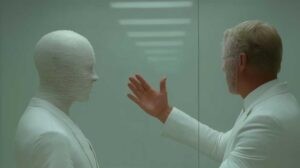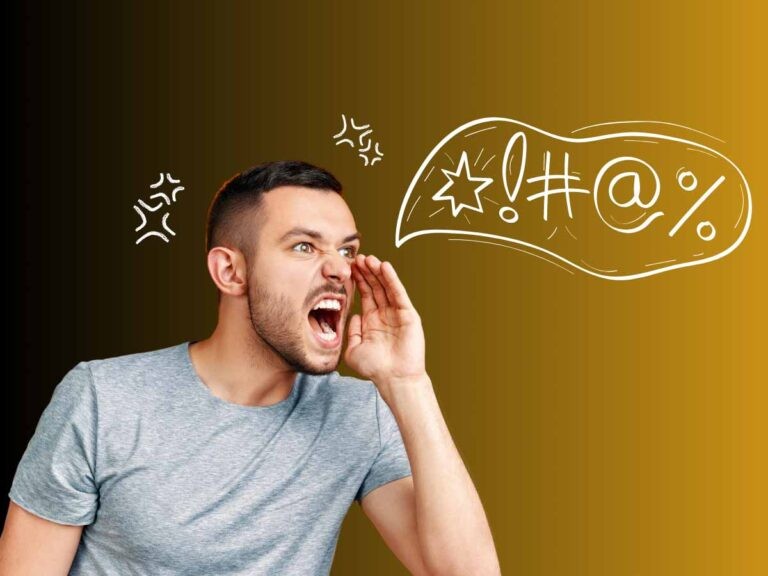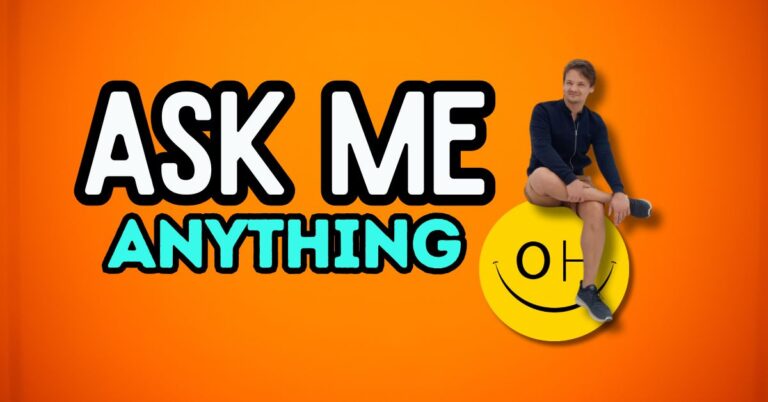Living in a spiritual community for a year, I commonly heard people say: “do what you feel like” or “eat what you want.” I had been told to follow my heart as it knows what I needed. Furthermore, I was told to keep an eye on external signals, as the universe is continually trying to communicate something to us. Overall, as a happiness coach, I think that this idea of trusting my emotions is ridiculous.
Don’t Trust Your Emotions.
A pregnant woman may suddenly eat a pickle, chalk, or even dirt (you have to google it to believe it) whereas before, she would never have an urge to do so. Later, the scientist concludes that she was missing some essential nutrients in her diet present in these objects that she ate. People who hear these stories logically figured that if that woman hadn’t followed her feelings, she would not have gotten the correct nutrients she needed, so it is good that she did so, right? Not necessarily.
How many times did our feeling lead us in the wrong direction? How many times did we run back into our ex’s hands, whereas last time we saw them, our relationship ended up in a huge fight? Or how many times did we know that we should not eat something or smoke that cigarette, yet we were unable to resist our emotions?
My conclusion is that our emotions are great and necessary on many levels, yet they lead us in entirely wrong directions at other times. This is to say that we cannot trust our emotions without a certain skepticism level.
Emotions Of A Puppet Masters
The problem with our emotions starts in modern days. In the past, the world used to be quite volatile, but we had millions of years to adapt to this volatility, meaning that our emotions used to be entirely correct. Recently, however, we have learned how to trick our feelings, often in incorrect ways. Today, we have impulsive towards entirely wrong things because marketers did a pretty good job of messing with our emotions.
They have continuously paired their ads with products that we may like, use, and even things as necessities, yet they kill us. Case and point of products like cigarettes, sweet drinks like Coca-Cola, and even shampoo, which no informed person would ever use in their right mind. The result of this pairing is that we love these products and use them daily.
Reversely, we often have to do things that we don’t want to do. I’m not even referring to the times we have to go to a job we hate. We can have a dream job, do what we like, and still have things that we don’t like. This is perhaps why I often hear that happiness is not enough, and we have to get our hands dirty.
Don’t Follow Your Passion.
Contrary to popular advice, find a dream job we are passionate about for the rest of our lives; we are often told not to do this. Why? Because, while we will find some happiness and fulfillment in our job, the mere fact that we are obliged to do that what we like will take away from this activity.
Specifically, we are often resistant to doing things that we are told to do, even if they are in our best interest. However, if we decide to do them from our own free accord, we will be more productive.
Indeed, we suggest doing something that we don’t like to do what we want later. This is a case and points to many musicians I meet. They like music, but do they need to make a profession out of it? Some young people decide to study music professionally, to find that they cannot work in this profession when they graduate. Conclusion this is to say that we often need to keep things that we like as hobbies and support ourselves and families with actual jobs that pay the bills.
Spillover Effect In No Pain No Gain
This is why I love physical exercise. On one side, if done right, it will make out bodies ache. Progressively, however, as we continue working out, we will find that although the pain never actually stops being there, we deal with this pain better to the point that we either don’t feel this pain or start enjoying this pain.
This is when we experience a spillover effect. Now, we can deal better with the pain while working out and in virtually every other part of our lives. This is to say what we should welcome pain, discomfort, and unhappiness in our lives, as it is a great teacher of how not to have this pain in the future.
Indeed, it is like fighting or traveling. At first, it may be scary and even feel dangerous to do so. But the more we do it, the less negative emotions of fear will control our lives.
Necessary Love For Discomfort
Altogether, there are many instances in life where to get somewhere where we want to go, and we first have to go somewhere we don’t want to. Despite our strong desires, we may have fears, reservations, or uncertainties that hold us back. However, the moment we d what we wanted to do, suddenly, we realize that everything holding us back is superficial, insignificant, or plain wrong.
To this point, I like this quote that states that “It is taboo the first time we do it. After that, it is just something we do,” which, to me, means don’t trust your emotions and always push forward even if it is uncomfortable.















